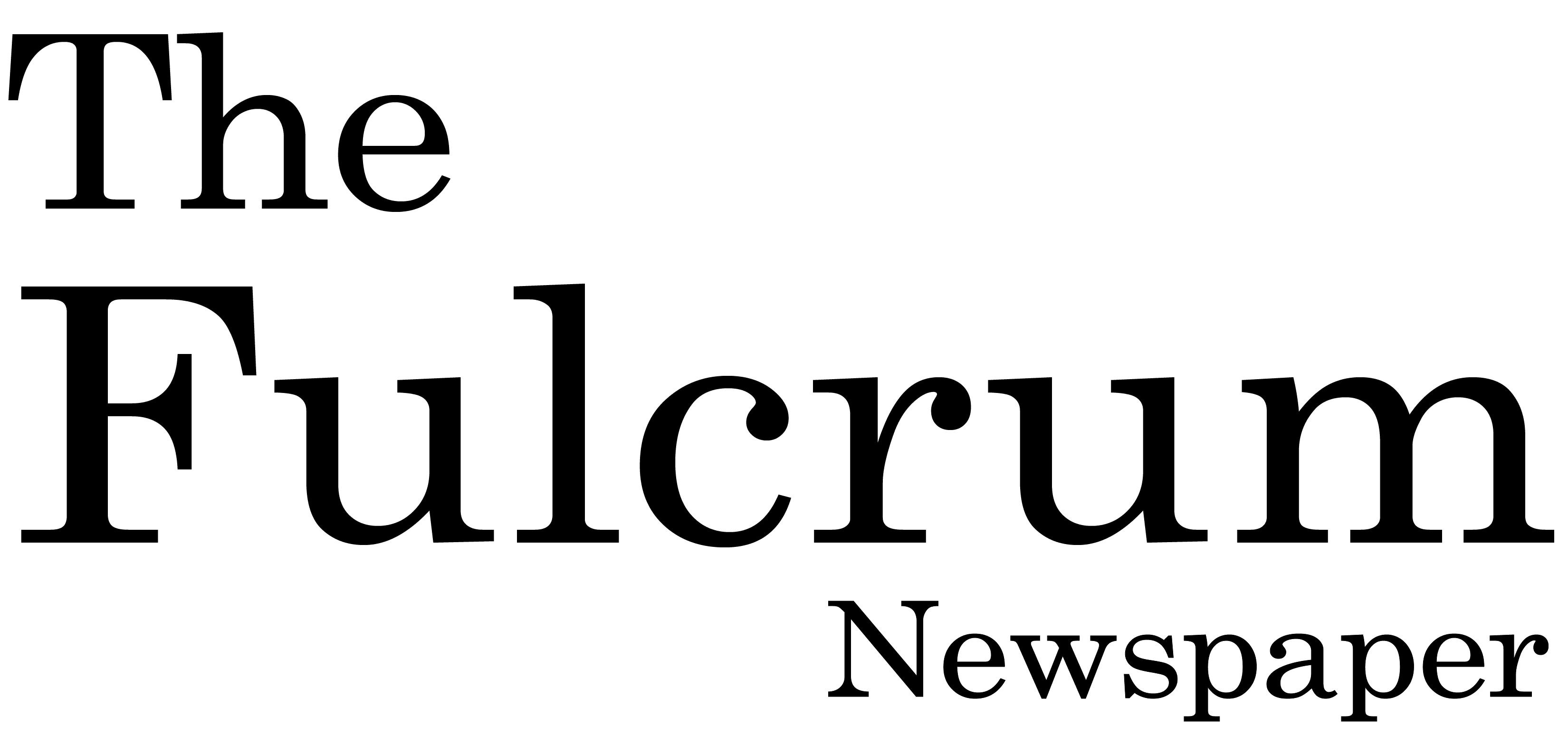By Elisabeth Costanzo Stewart
When Melissa Fadden was six years old, she proudly announced to her parents that one day, she would grow up to become a “vegetarian veterinarian.” Though she is technically a “vegan Research Support Specialist for the Wildlife Health Program (WHP) at Cornell University’s Animal Health Diagnostic Center,” her childhood proclamation was pretty spot on! Through her role within the WHP, which is jointly delivered by the Department of Environmental Conservation (DEC) and Cornell University, Fadden and her team track wildlife diseases affecting over 100 species of birds, mammals, and herpetofauna across the State of New York. With ailments like avian influenza (HPAI), West Nile virus, and rabies ever-present in the landscape, the research collected and conducted by the WHP is more critical than ever. Though studying at SUNY Broome was not initially part of Melissa’s plan, she credits her time at the College for being integral to bringing her to where she is today.

A young Melissa plays with her pets, the guinea pig Niño and the turtle Lightning.
Fadden, a Broome County native, was the epitome of an outdoor kid. When she wasn’t in her backyard herping for frogs, snakes, and salamanders, she was caring for “Lightning,” her beloved pet turtle. As the years passed and new hobbies like cross-country running and attending live punk concerts developed, her love of wildlife never dwindled.
After graduating from Chenango Forks High School, Melissa set off for the SUNY College of Environmental Science and Forestry (ESF) to study conservation biology. While the college and the academic program felt like the right fit, the timing was off. Confident that she wanted to work in animal science, but unsure of what direction to take, Fadden opted to temporarily withdraw from SUNY ESF.
Fadden’s mother, Terri, coincidentally was a long-time Academic Advisor and Coordinator of SUNY Broome’s Bachelor Partnerships Department. Terri offered her daughter the same, sound advice that she shared with thousands of her students, “Come to SUNY Broome, regroup, and follow the best path for you.”
Melissa’s transition back to SUNY Broome’s Liberal Arts and Sciences: A.A. program was seamless, thanks to the established transfer pathways between SUNY’s 64 campuses. Another bonus was Fadden’s many Fast Forward college credits, earned as a high school student through SUNY Broome’s concurrent enrollment partnership with the Chenango Forks School District.
Fadden’s fondest memories of her time at SUNY Broome are of her stint as a student in BIO 200 – Ecology: The Everglades. A profoundly transformative experience for hundreds of SUNY Broome alumni, Ecology: The Everglades blended classroom instruction with in-the-field study throughout the Everglades National Park. Fully immersed in the endangered Everglades wilderness, Melissa quickly realized that she learned best in hands-on, practical environments. Living the learning experience is far more interesting to her than simply reading about it.
“I love learning and teaching, but I definitely struggle with the classroom structure,” Fadden said. “One of the main reasons that I opted not to pursue a degree in veterinary medicine was the reality that I would need to spend eight years as a traditional student. I much prefer to live the assignment than study it from a textbook.”
After earning her degree from SUNY Broome, Fadden joined the care team at a small animal and exotic pet hospital as a veterinary assistant. Her work varied from assisting in the kennel, to developing care sheets for reptile husbandry. With a few years of veterinary care under her belt, Melissa felt that the timing was finally right to return to SUNY ESF to complete her degree in conservation biology.
Fadden’s newly earned degree helped her to secure a Fish and Wildlife Technician position with the New York State Department of Environmental Conservation (DEC). She spent the following few years hiking and kayaking across New York State’s rich landscape, surveying endangered species and safeguarding the natural ecosystems in which the animals dwelled. While working for the DEC, Melissa witnessed firsthand the State’s collaborative partnership with Cornell University’s College of Veterinary Medicine Wildlife Health Lab (CWHL). Attracted to their joint mission of surveillance, response, research, prevention, and education, Fadden excitedly accepted an offer to join the team at the Wildlife Health Lab.

Photo Credit: Matt Ebbers
The beauty of Fadden’s work with the WHP is that no day is the same. Her morning may start at her desk, disseminating cause of death results from the pathology teams. Later, she might be called to the lab to pull necropsy samples to submit for further testing. Then, a DEC colleague may call from the field, seeking additional support — an outdoor opportunity Melissa never passes up. Her work is both constantly changing, yet consistently fulfilling, and rooted in her passion for the care and sustainability of animals.
“I stumbled into my current role through a culmination of academic and professional experiences that all got glued together. Each part of my journey had a valuable purpose,” Fadden explained. “If you’re interested in entering our field, the best place to start is by developing a network, seeking hands-on experiences, and it certainly wouldn’t hurt to become familiar with R and GIS software.”
When Melissa isn’t immersed in her role with the WHP, she is traveling to Texas with a conservation team to protect a population of alligator snapping turtles, volunteering with Cornell Cooperative Extension’s Master Composter initiative, and supporting the efforts of Central New York’s Spay/Neuter Assistance Program (CNY SNAP).
“Listen to professionals, not social media, and don’t be afraid of the unknown,” Fadden shared. “When we know better, we do better.”
Were you inspired by Melissa’s unique journey to a career in animal research and conservation? Read more stories about how a SUNY Broome degree can take you anywhere in the newest digital edition of BROOME Magazine!

Photo Credit: Matt Ebbers
Tags: Alumni, Career Transfer and Bachelor Partnership Department, Fast Forward, Liberal Arts Division, Profile, SUNY Broome Foundation


